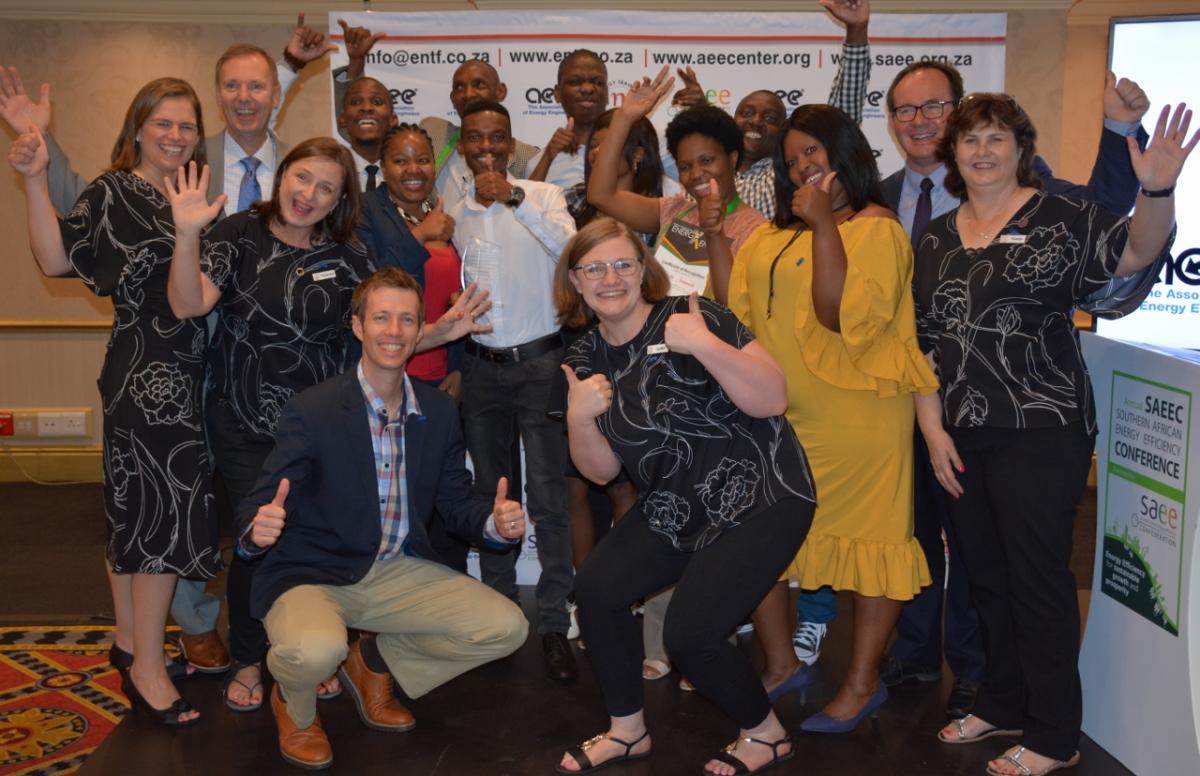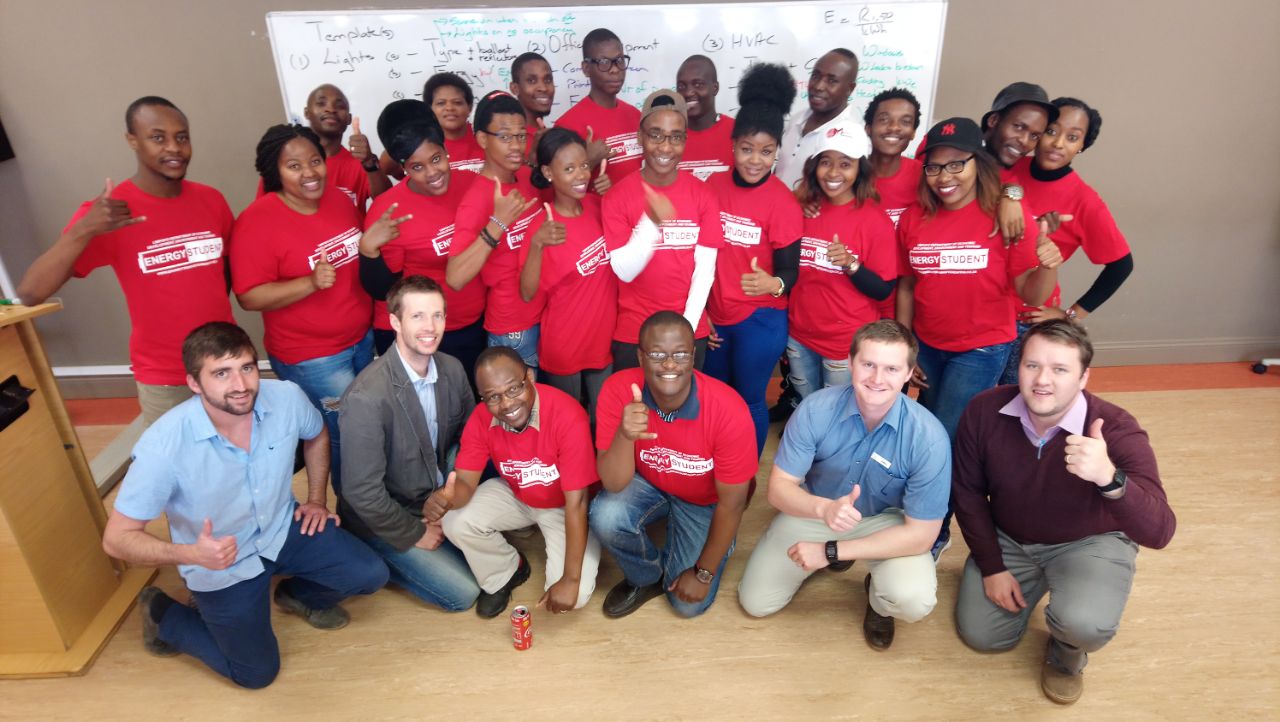In the spirit of the COP 30 Presidency’s call for a global mutirão – a collective effort to mobilize climate action – the Business Council for Sustainable Energy (BCSE) will lead a business delegation to COP 30 in Belém, Brazil that will bring forward credible solutions, partnerships, investments, and ideas to accelerate the energy transition and decarbonize agriculture, buildings, industry, and transportation. This case study is part of BCSE’s Granary of Solutions to deliver emissions reductions, increase resilience, and meet energy transition goals worldwide.
Highlights:
- Workforce training program in Limpopo Province, South Africa upskills young people to become employable in the energy industry, as part of the province’s Green Economy Plan
- In three years, the program trained 50+ students and put them on the path to become Certified Energy Managers
- Students also gain work experience through a 12-month assignment at a local energy company
Case Study:
The Limpopo Economic Development, Environment and Tourism (LEDET) Government Department of South Africa and the Energy Training Foundation (EnTF) are making a difference in the lives of the youth of the Limpopo Province by upskilling them to become employable in the energy industry.
From 2015 – 2018, 52 students with suitable backgrounds of tertiary study were trained in the basics of energy according to the Certified Energy Manager (CEM) syllabus, developed by the Association of Energy Engineers (AEE).

The innovation of the project lies in the educational background challenges that had to be overcome to bring the students to knowledge levels to work in the energy industry.
All students on the program are from the Limpopo Province and have disadvantaged backgrounds, in which they grew up without formal housing, sanitation, and no access to running water or electricity. Limpopo is home to a challenging rural school system, with few teachers, often no classrooms, and no desks or chairs. Often, one teacher has the responsibility to teach more than 60 children in one group with varying ages and varying grades.
The Limpopo Province also has no energy companies that are indigenous to them, and most work related to energy is sourced in from other provinces. As part of the province’s Green Economy Plan, LEDET felt the need to develop its own skills in order to provide job opportunities through energy savings to the youth of the province. CEM was chosen as the most suitable outcomes of the program to provide the service assurance to industry.
Participants undergo four weeks of intensive training and practical sessions, with homework and class-based exercises, self-work assignments, as well as preparation reading and study plans forms. Participants also are assigned a 12-month work period at companies in other provinces where active energy related work is being done, often under the direct mentorship of existing AEE professionals so that they can gain suitable work experience.
The work undertaken has varied from proposal writing and business case development, to complete project management, design, development, theoretical calculations, determining specifications, procurement, building of panels and products to be installed, installation, site project management, and report writing. These activities have delivered experience in HVAC, PV for rural housing, energy auditing, biogas, facilities management, industrial energy efficiency, ISO9001, energy awareness, lighting, and general business operations.
Students work in or at energy and engineering consulting firms, automotive manufacturing, telemetry firms, electrical, mining, facilities management, telecommunications, aviation, and universities.
Mentorship is monitored on a regular basis via phone calls and site visits to sort out any problems and identify any further training needs and guidance required.
LEDET owns and sponsors the program. All training is paid for as well as the student accommodation, catering, and travel during the training days. Once placed to work, participants receive a monthly stipend sponsored by LEDET. The full program is managed by the EnTF.
Mentors have commended the program as different from any other program available in South Africa, due to the controls in managing the student development.
LEDET hopes to be able to encourage the developed students to return to the Limpopo Province, with the aim of ensuring the Province’s Energy Strategy will be realized through local skills.

